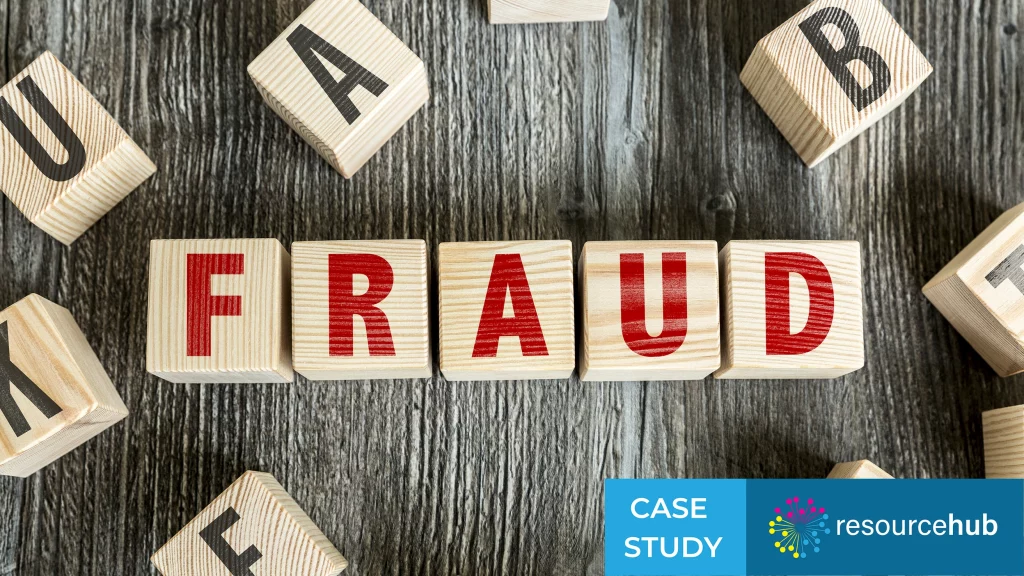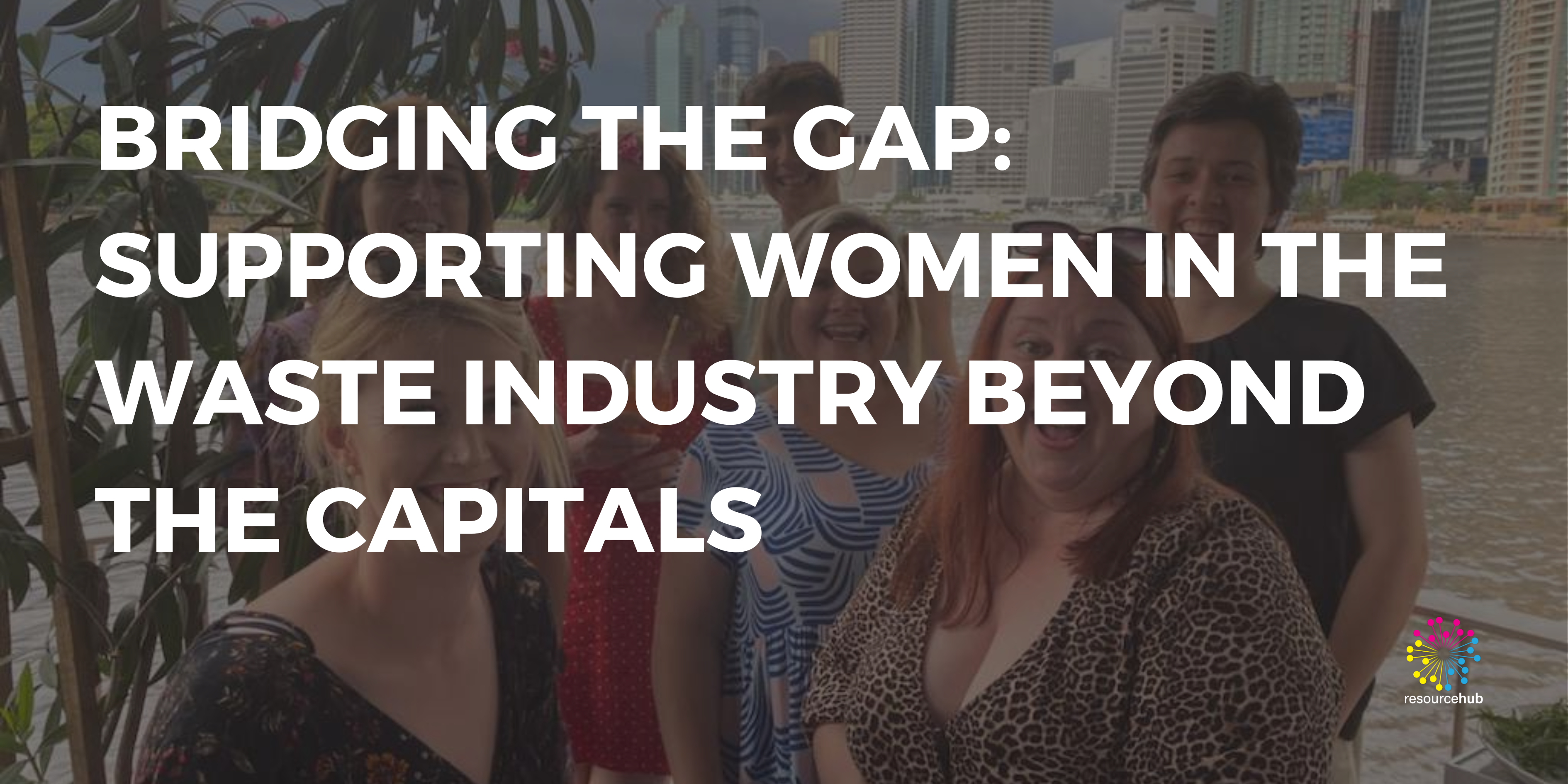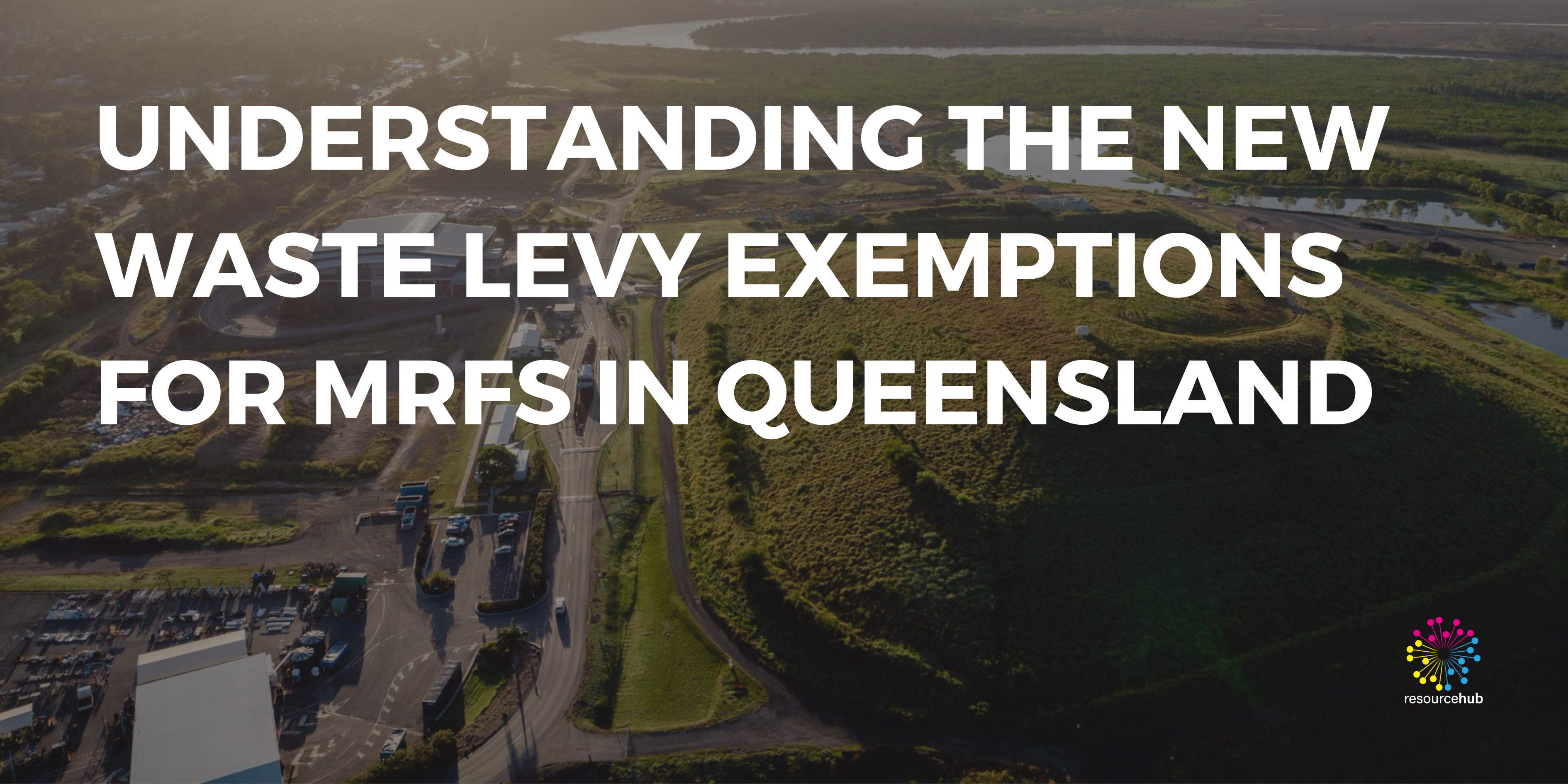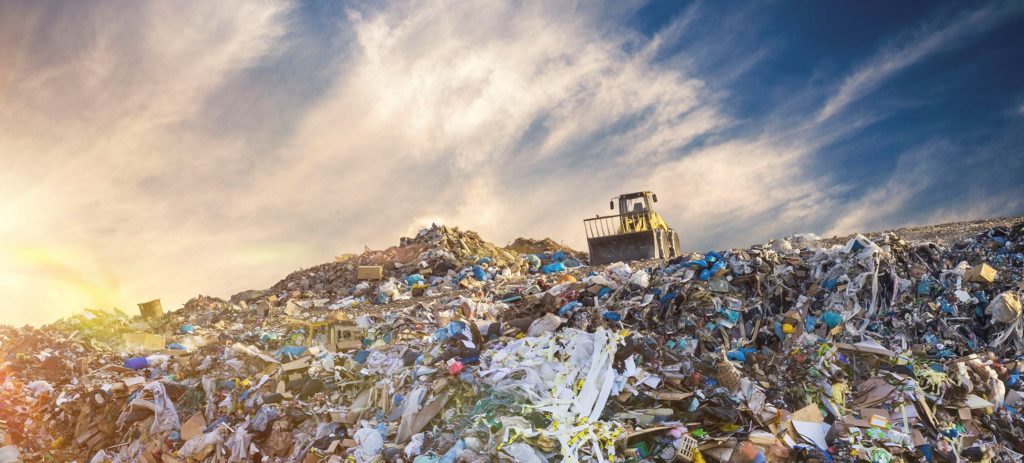As a CPA qualified industry consultant, in 2018 I undertook what turned out to be a case study into fraud across the waste management industry, looking specifically at front end operations at landfills, transfer stations and tip shops. Fraud, the “wrongful or criminal deception intended to result in financial or personal gain”, comes in many forms and is evident across all industries.
After visiting over 150 facilities across Australia, in less than a year, incidents of fraud (both current and historic) became a consistent theme. The first 50 sites visited ALL presented incidents of fraud. 94.4% of organisations assessed – whether single or multi facility – displayed evident fraud.
97.4% of facilities had experienced either current or recent historical (within 12 months) instances of fraud.
Fraud in other industries
What’s interesting is that, due to the unique nature of the resource recovery industry, fraud regularly goes on unnoticed. As a previous Manager, CFO and now a specialist Consultant in the waste and resource recovery sector, the prevalence of fraud has been one of my key recent observations. Other industries have methods of preventing fraud that rely on well established systems, strong contractual agreements and regular monitoring of transactions. For example,
- In a manufacturing organisation, fraud prevention will often focus on theft of inventory or on product quality.
- In the transport industry, payments outside of normal financial systems or service agreements that change in nature or frequency are often signs of a potential fraud.
- In a retail environment, fraud risks include price tampering, employee deception, cash theft, or discount abuse.
Fraud in waste and resource recovery

Considering landfills, transfer stations and tip shops, the waste and resource recovery sector is representative of each of the listed industry types. As such, the opportunities for fraud are high.
Within the context of waste and recycling facilities, consider these industries :
- Inventory: Despite the impacts of China’s National Sword Policy, many recycled or recovered products found at a facility still have a high cash worth. They are highly desirable and easily transported, be they items in a resale shop, batteries or scrap metal.
- Transport: We use contractors to manage our fleets and our customers are often within the transport space. We also negotiate supply agreements and pricing relevant to vehicle movements. We are an industry in which it is common to record revenue streams inbound and outbound, often with a third party calculating revenue, limiting facility ownership of these calculations.
- Retail/Transactional: Retail equates to cash registers, EFTPOS, invoicing and financial systems. While often it seems simple to identify the $20 theft from an end of day cash reconciliation, this is the area that is most often lacking rigour at facilities and can be quite simple to implement.
Types of fraud at waste facilities
Five common types of fraud became evident across facilities. These were consistent across all states and territories and all facility types and were specific to the areas of inventory, transport and retail/transaction.
Waste facility fraud types:

- Inventory
- Transport/Contract
- Cash Finance
- Free Tipping
- Multiple (a combination of the above)
Want more?
I have also done deep dive into one of the waste management facility operators I assessed in 2018, where the practises in place had led to a potential $400,000 loss in revenue per year. Check out the case study here.
If you’d like more information on the types of fraud identified and the indicators to look out for, please get in touch with me at laceywebb@resourcehub.com.au.




